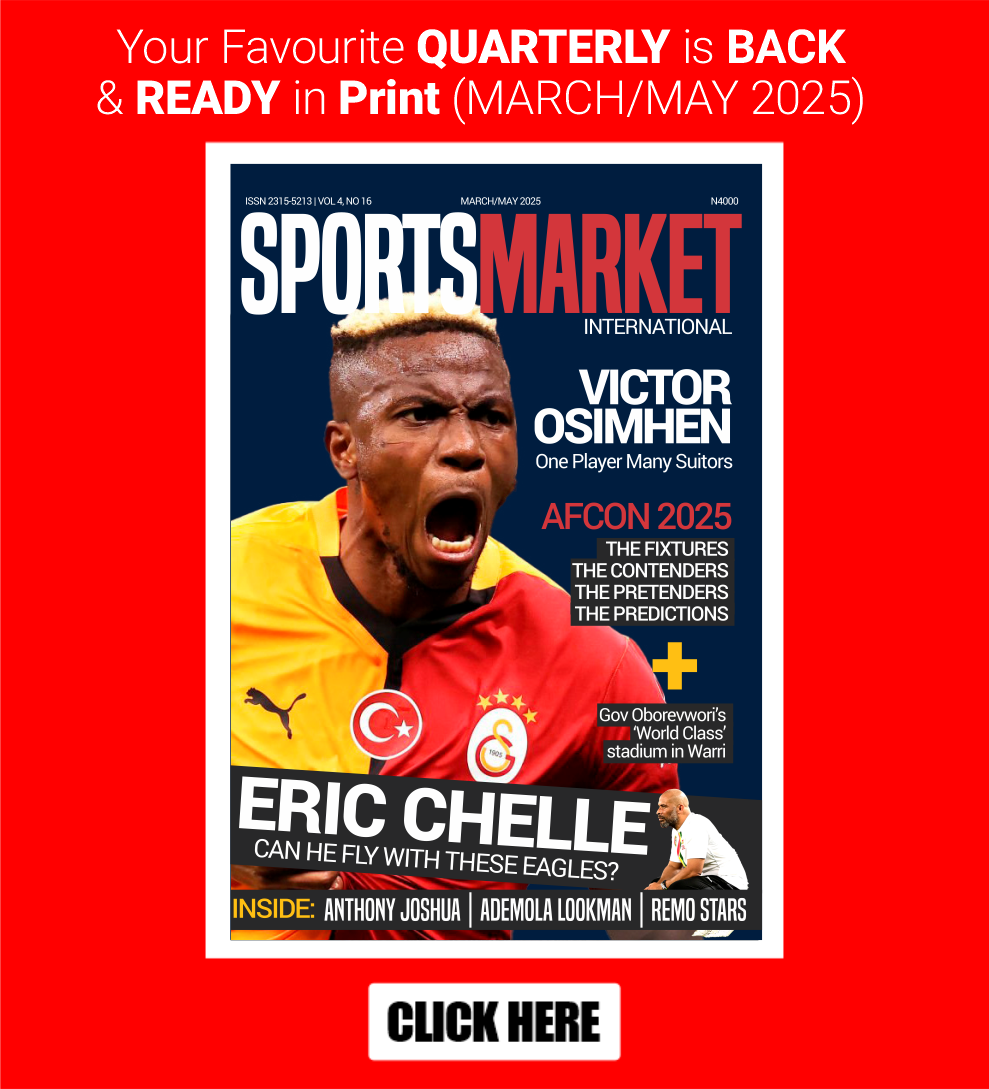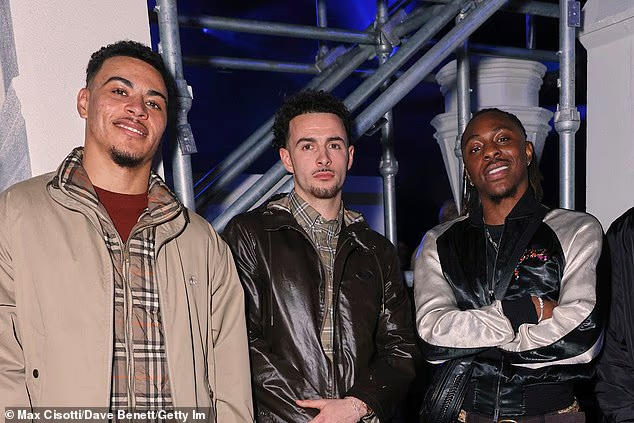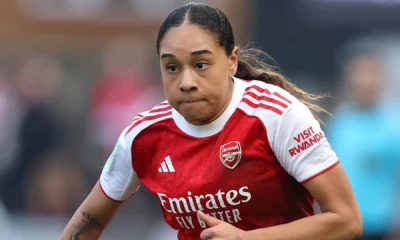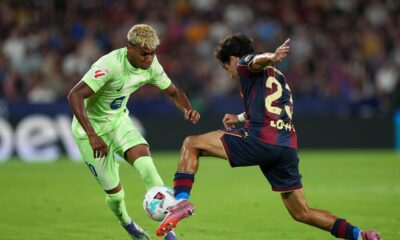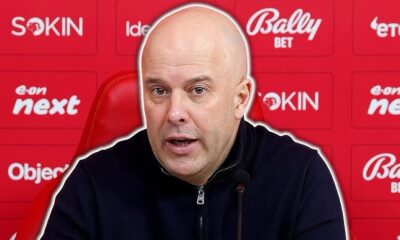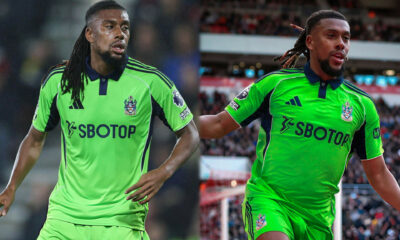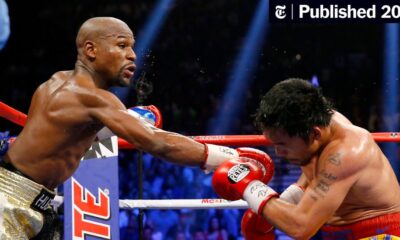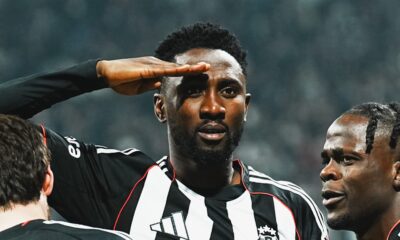Sports Analysis
The Need for Sports Diplomacy under President Bola Ahmed Tinubu

By Sadiq A. Abdullahi
As Senator John Owan Enoh, the 36th sports minister, under President Bola Ahmed Tinubu, begins his four years tenure in the newly created Federal Ministry of Sports Development, he would need to use sports diplomacy to resolve regional conflict and attract foreign investment as entrenched in the National Sports Industry Policy.
On July 28, 2023, the Nigerian Institute of International Affairs (NIIA) under the leadership of Director-General (Prof) Eghosa Osaghae, hosted the 1976 Olympians and the champions of 1980 African Cup of Nations in an event that was sponsored by Dr. Allen Onyema, the Chairman of Air Peace tagged “The NIIA’s “Sports Diplomacy Wall of Fame.” One of NIIA’s objectives is to “provide and maintain means of information upon international questions and promote the study and investigation of international questions by means of conferences, lectures, and discussions, and by the preparation and publication of books, records, as may be necessary to develop a body of knowledge on world affairs.”
Sports diplomacy (SD) is an emerging concept in foreign policy and in international relations. SD transcends tribal, ethnic, language, religion, pollical, economic, class and elitism. SD is often used as the instrument of choice by nations to promote cooperation, peaceful co-existence, diplomatic dialogue, and even to promote the virtues of democracy.
In 1976, the Federal Government of Nigeria joined 27 African countries boycotted the 1976 Montreal Olympics Games in support of the 1976 Soweto, South Africa massacre where many lives were lost. Sixty-two Olympians from Nigeria were denied the opportunity to compete among the best in thwe world at the Montreal Olympics in Canada. General Olusegun Obasanjo was the Head of the State then, and he ordered that the Olympians be returned home immediately after they had spent about 10 days at the Games Village. But the story was not the same for the Green Eagles, the champions of the 1980 African Cup of Nations (AFCON). Both events were poles apart but had lasting significant diplomatic effect.
In the 1952, Nigeria presented its first team at the Helsinki Olympics in Finland. From that moment on informal sports diplomacy has been part of Nigeria’s indirect foreign policy engagement, making it a prominent phenomenon that could no longer be ignored in the socio-political and economic life of the nation. The domination of the sporting world by the then USSR (now Russia and several other smaller countries) and her allies coupled with their unique organizational structure of sports, influenced the Federal Government of Nigeria to directly involve herself in the control, regulation, organization, and promotion of sports, which now needs to be extended to ECOWAS as the region contemplates using military invasion of one of its member states.
A renewed hope for sports stakeholders requires that a plan for effective sport for unity and peace programs should by initiated by Senator Enoh to address conflicts in the region and build peace using sport at the socio-political and individual levers Sports has become an instrument for building relations with countries and for gaining soft power with the aim of promoting the country’s national agenda among the comity of nations. Countries utilize international sport to promote peace, advance their economic interests and build political power and influence. As a domestic policy tool, sports can be used to enhance social order, combat some forms of social exclusion, and prevent crime by promoting projects that target deprived areas.
A new frontier in sports diplomacy offers new possibilities for renewed hope for ECOWAS and for Nigeria in particular if the political and business of sports can harnessed for youth and sustainable development. The Sports Diplomacy curriculum has the pedagogy to provide a new national orientation, a new vision of international relations, regional, continental, and global understanding. The curriculum will reflect the vision of a democratic, pluralistic, and diverse society. Regional and global challenges such as poverty, globalization, population growth, environmental degradation, human rights, and national and global terrorism could be reduced, and many youths are redirected to rethink sports in education and nations resolving conflicts using sports and diplomacy.

-

 Premier League1 day ago
Premier League1 day agoArsenal Star Olivia Smith Stretchered Off In FA Cup Scare — What It Means For The Gunners
-

 LaLiga1 day ago
LaLiga1 day agoHansi Flick Explains Lamine Yamal’s Frustration After Barcelona Win
-

 News1 day ago
News1 day agoAngry Arne Slot Slams Liverpool’s ‘Worst Performance’ Despite Late Win At Nottingham Forest
-

 Local News1 day ago
Local News1 day agoAlex Iwobi Masterclass Powers Fulham Revival At Sunderland
-

 Local News1 day ago
Local News1 day agoNaija Stars Abroad: Goals, Grit And One Absence That Shook Istanbul
-

 Premier League1 day ago
Premier League1 day agoAlex Iwobi: The Manager’s Dream Lighting Up Fulham’s Season
-

 More Sports4 hours ago
More Sports4 hours agoMayweather Vs Pacquiao 2: Boxing Legends Set For Historic Netflix Showdown In Las Vegas
-

 Local News4 hours ago
Local News4 hours agoNdidi’s Emotional Return: Besiktas Star Delivers Masterclass After Personal Tragedy


